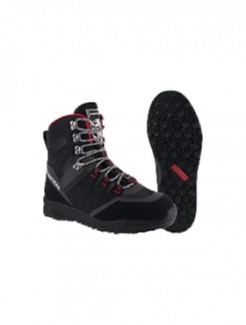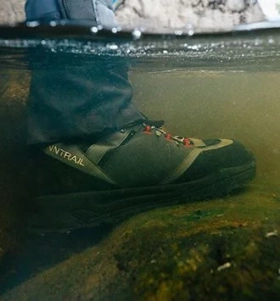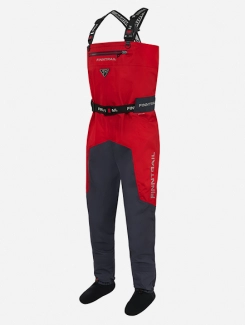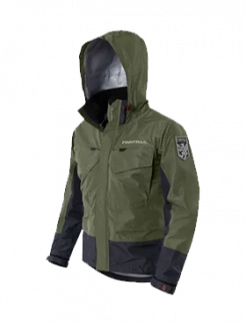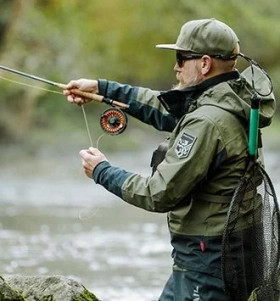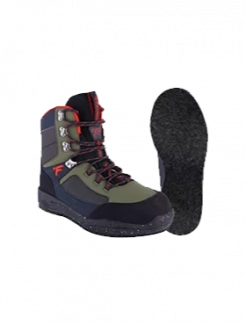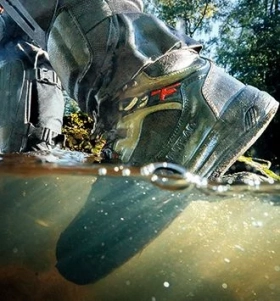How to Make Your Waders Last Longer
Wader care is important. It protects your investment. Most waders aren't cheap, particularly any you really want to have. You're also relying on them for your comfort and protection, so you want them to stay in good shape. This post will tell you how to make your waders last longer, so they serve you well for as long as possible.
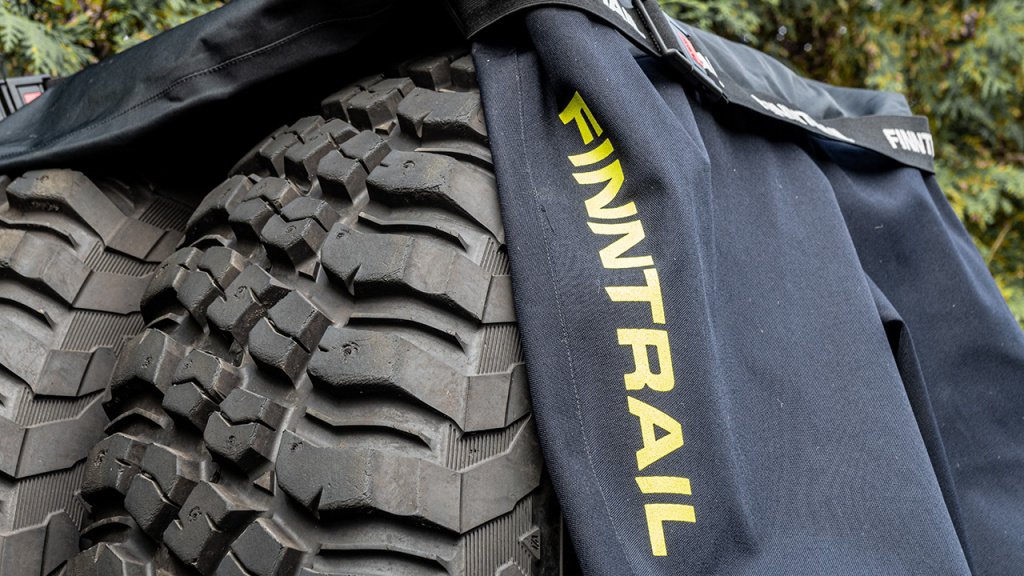
Keep Your Waders Clean
Waders need to be cleaned regularly to keep them from smelling and to remove dirt and oil that could damage the material and its waterproofing.
The best way to wash them is to hand wash them in cold water with a soft rag and technical clothing detergent, powder detergent, or mild soap. Make sure to wash the boots too. Everything will need to be thoroughly rinsed.
You can put waders in the washing machine if you use appropriate detergent, don't use fabric softener, and wash them in cold water on the gentle setting. This isn't the recommended method because they can get beat up and bunched up, but if you do it appropriately, it's a valid option if needed. It would be best to take them out of the washing machine as soon as possible and to wash them alone or with a lightweight towel.
Read our short manual with helpful washing tips.
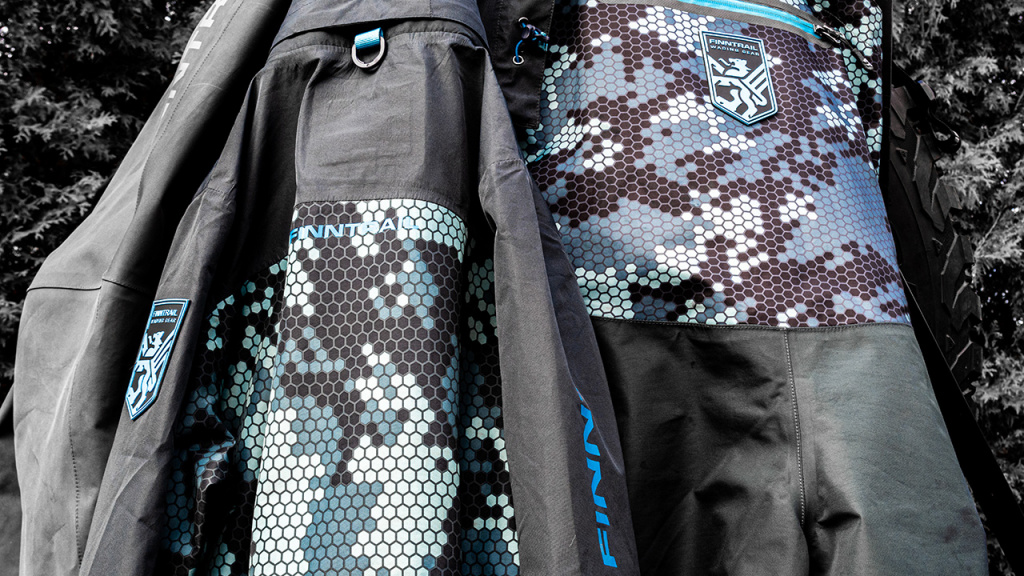
Dry Waders Thoroughly
Your waders need to be able to dry thoroughly.
Hang them to dry where they're in a moderately bright space with plenty of room to breathe so they don't mildew. Mildew both makes them smell and decreases the waterproofing and overall lifespan of the waders.
Don't neglect the inside of your waders. It should be dry as well.
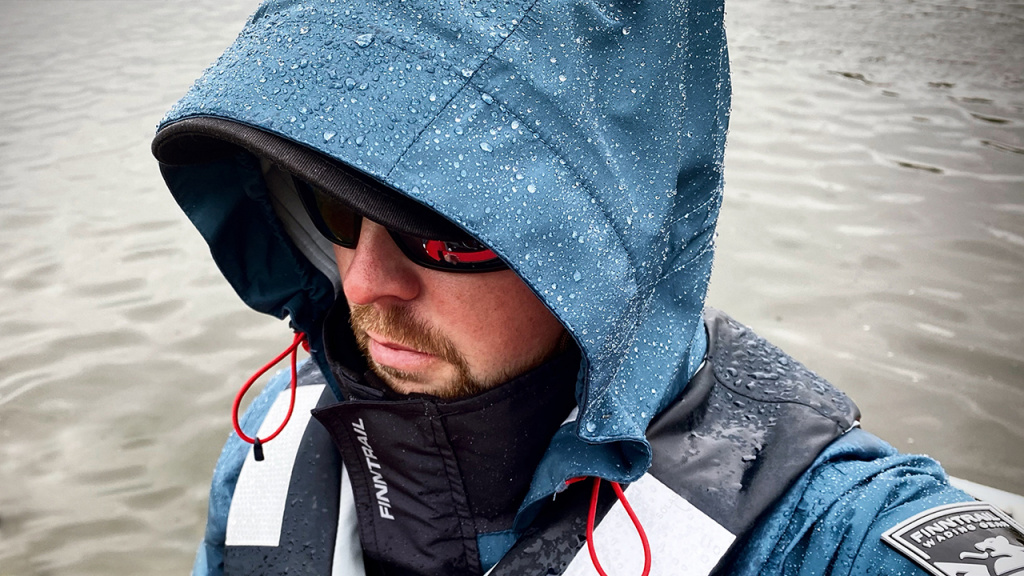
Restore Water Repellant Regularly
Waterproofing needs to be reapplied periodically. It is done after the waders have been washed and dried, but not every time.
You can test the effectiveness of the waterproofing on your waders by spraying a little water on them and seeing how well it stays beaded up. DWR or direct water repellent can be sprayed on or washed-in, but the spray-on DWR treatment is by far the best because you control the saturation on the outside of the garment. When you apply DWR in the washing machine, it tries to waterproof the entire garment and this isn't as effective.
Make sure you let the DWR completely dry before you use the waders or it won't work effectively. This may take up to 48 hours.
Heat may be needed to activate the DWR. Read the instructions on the treatment and the garment to make sure you do it correctly.
Find our ultimate guide to caring for and restoring the DWR of your waterproof gear.

Choose the Proper Size
Poorly fitting waders feel horrible, but they're also going to wear out faster. All those places where something bunches or catches don't just cause you discomfort, they also put stress on the fabric. Waders come in a variety of sizing options, so you can make sure both the body and the boots fit. Don't assume that waders will fit without thoroughly exploring their specifications. You might choose stockingfoot waders for maximum customization.
Learn how to choose the proper size of ATV/UTV riding gear.
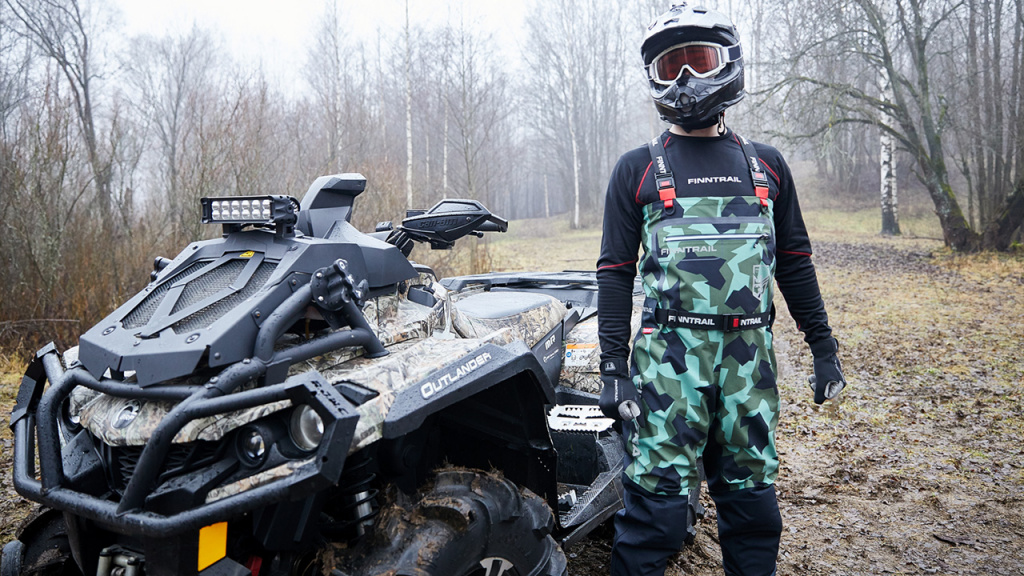
Don't Wear Jeans, Shorts, or Cotton
Bare skin chafes. Jeans don't wick sweat and they'll put undue stress on your waders. All cotton holds in moisture rather than wicks.
Choose synthetic thermal underwear made of wicking material to stay comfortable and protected and to prolong the life of your waders. Consider temperature range and the level of your activity.
Discover the key benefits and rules of using thermal underwear.
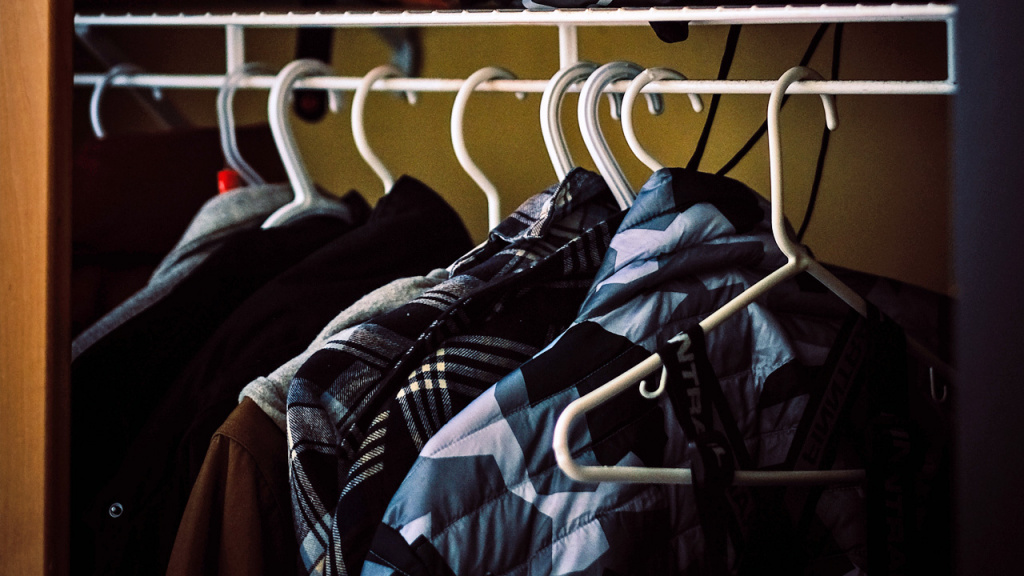
Practice Proper Storage
When you need to store your waders:
- make sure they are thoroughly dry, so they won't mildew or grow bacteria.
- keep them away from heat and direct light.
- hang them in a closet or lay them flat under a bed when storing for a while.
If you'll be traveling with your waders and don't have time to let them dry before moving, you can put them in a breathable wader bag, made specifically for this purpose, or something else similarly breathable and protective.
Discover more helpful tips on how to store off-road membrane gear properly.
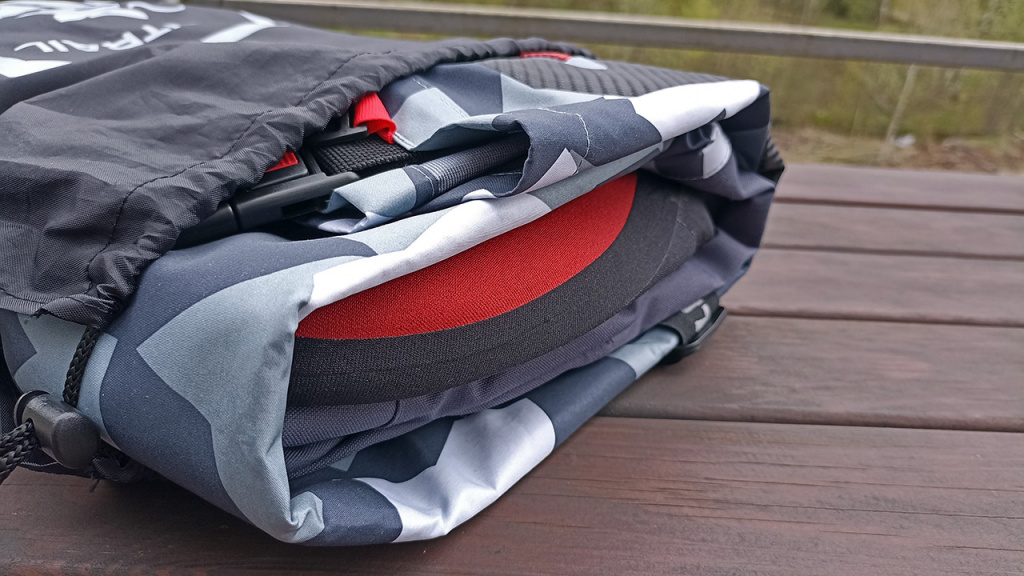
Roll Waders, Don’t Fold
This is why most people avoid washing their waders in the washing machine. When they get folded, bent, or crumpled, it puts stress on the fabric that could lead to leakage and damage.
When you need to make them small for traveling, roll them into a sort of tube rather than folding them and store them on top of heavier items so they won't get crushed.
Also, unzip the zipper all the way before rolling or packing to keep from damaging the zipper.

Avoid Sharp Objects Pressure
Waders are meant to be waterproof and resistant to abrasion, but they are vulnerable to sharp objects penetration.
There are several things you can do to make your waders last longer:
- keep your toenails trimmed so they don't scratch or dig into the boots.
- make sure you have plenty of room for your toes in your boots.

